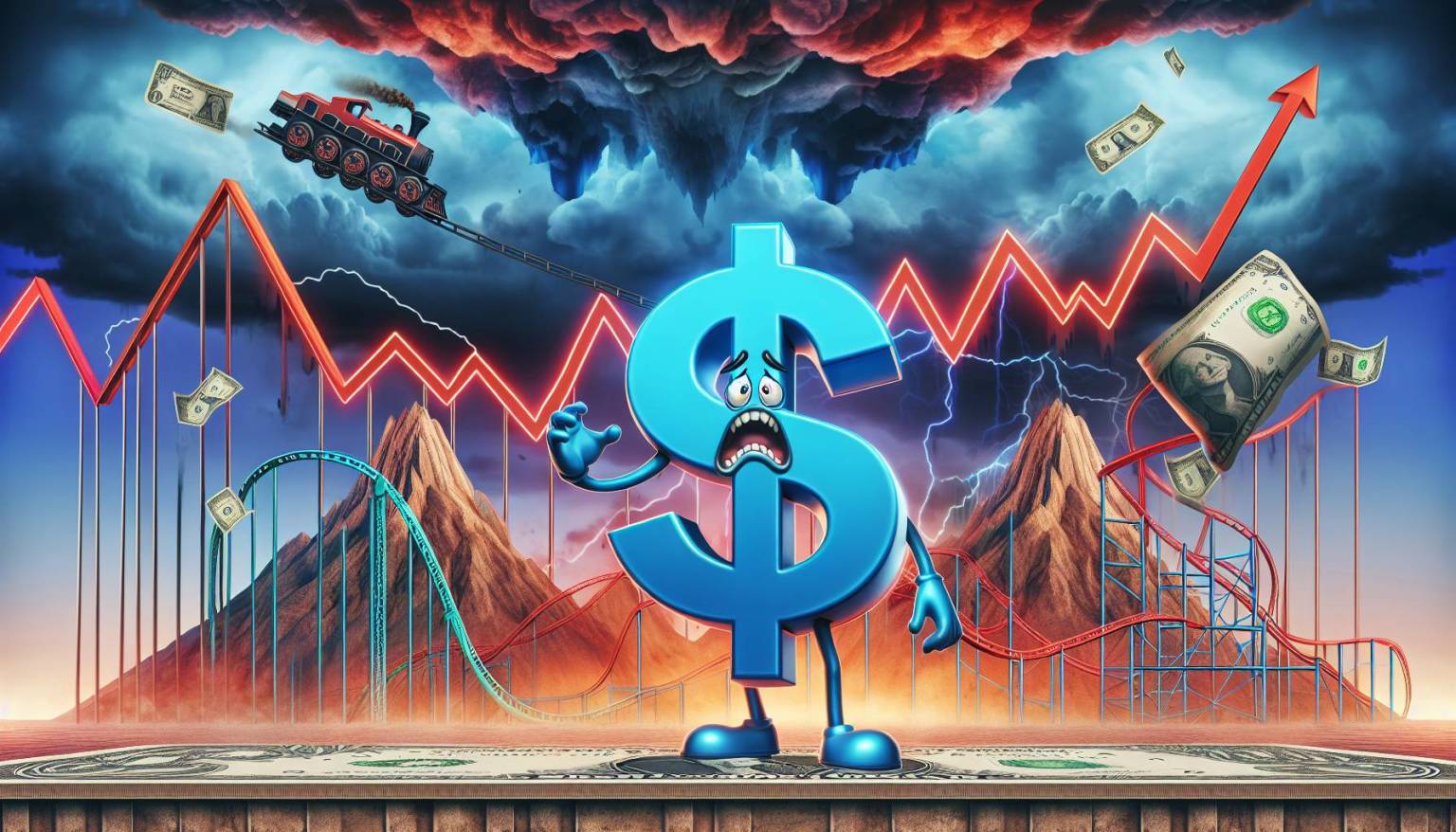Financial stress among Americans has significantly surged due to factors including inflation, rising interest rates, unpredictability in job markets, and the COVID-19 pandemic. This has bred a sense of financial insecurity, leading to increased anxiety and depression, and widening the gap between high and low-income households. A national survey indicates a notable shift in financial mentality, with individuals expressing higher levels of financial uncertainty. Several factors have contributed to this growing concern, such as lingering aftershocks of the pandemic, rising inflation rates, high interest rates, and political tensions.
These challenges have created an unprecedented economic downturn that has severely eroded public trust. For many people, managing day-to-day expenses has become a struggle. The unstable political climate has only added to their stress, and in the midst of this chaos, it has become crucial for the government to stabilize the economy, restore public confidence and ensure citizen welfare.
The current inflation rate, which has risen to an alarming 9%—four times the 2% Federal Reserve target—is viewed as the primary source of instability. Over half of American adults believe this to be the leading obstacle to their financial stability. This pressure mainly stems from the skyrocketing costs of food and housing, which a majority of survey participants expect to continue its ascent despite recent minor declines. This trend has altered buying habits and raised concerns of potential long-term damage to the American economy, calling for immediate measures to decelerate this vicious cycle.
Rising interest rates and record credit card debt levels, primarily driven by inflation, have amplified pessimism around debt and borrowing. This growing concern could potentially pose long-term threats to economic stability and mental wellbeing. With consumers increasingly cautious about accumulating any form of debt, there is a clear sense of urgency to manage spending carefully and prioritize debt repayment. Financial institutions are being urged to offer realistic solutions to borrowers to mitigate the impacts of this issue.
The escalating costs in the housing market have further exacerbated financial unease. High interest rates are having a more profound impact than initially estimated, particularly on debts like mortgages, car loans, and credit card debts. This economic conundrum, contrasting with a prosperous economy, is fostering deep-seated financial anxiety amongst Americans and threatening future economic growth. Therefore, it’s vital to foster financial education, create manageable budgets, maintain an emergency fund, and seek professional financial advice to navigate these uncertain times.

